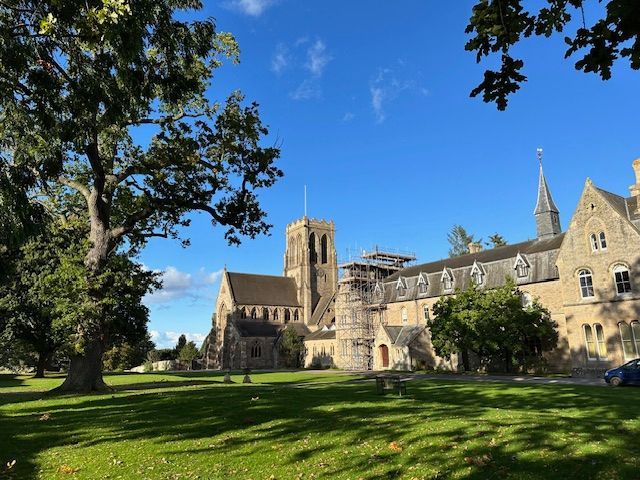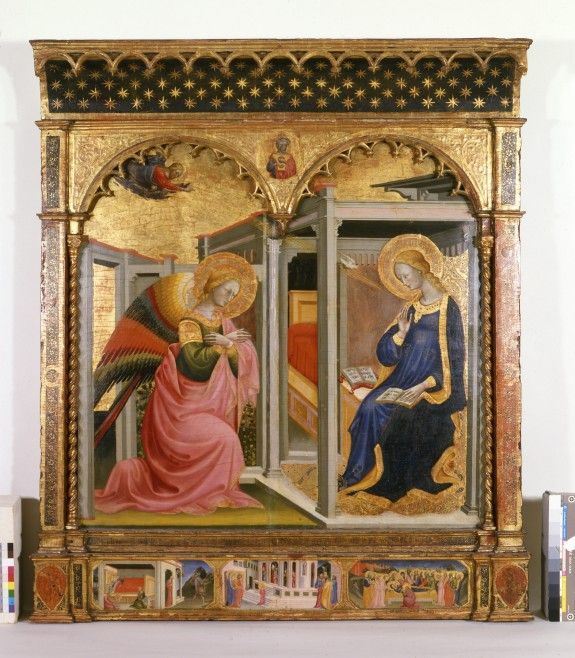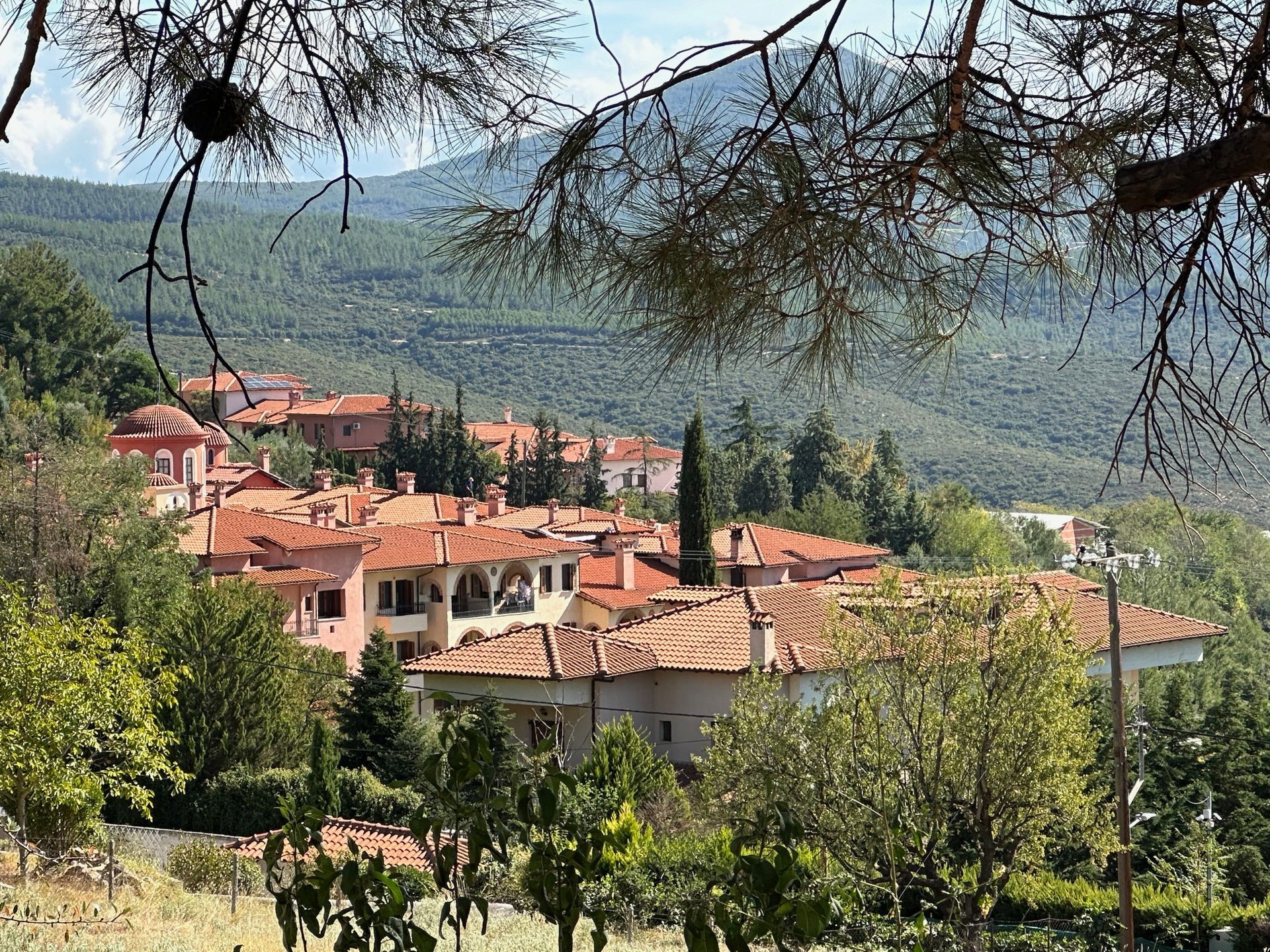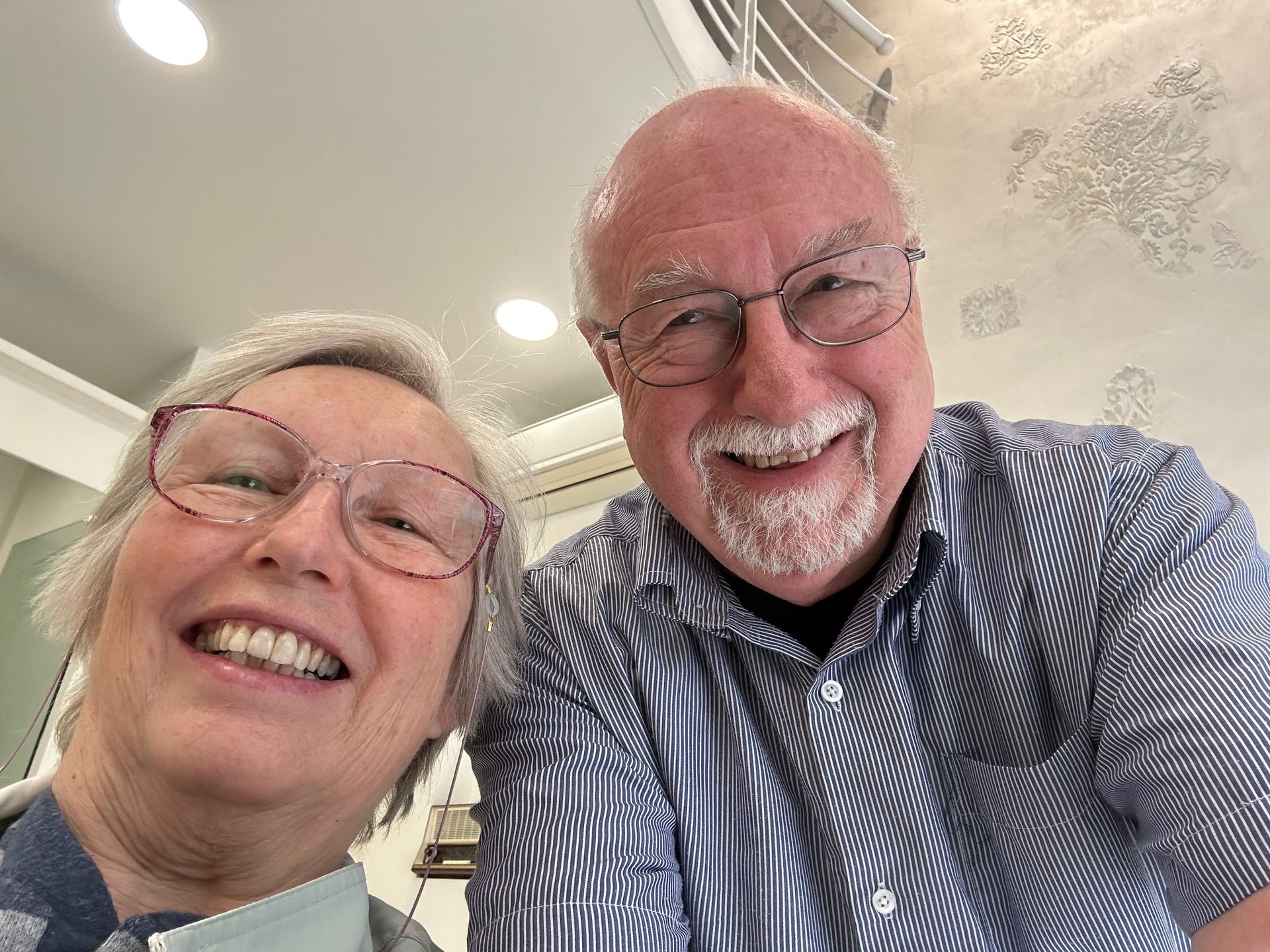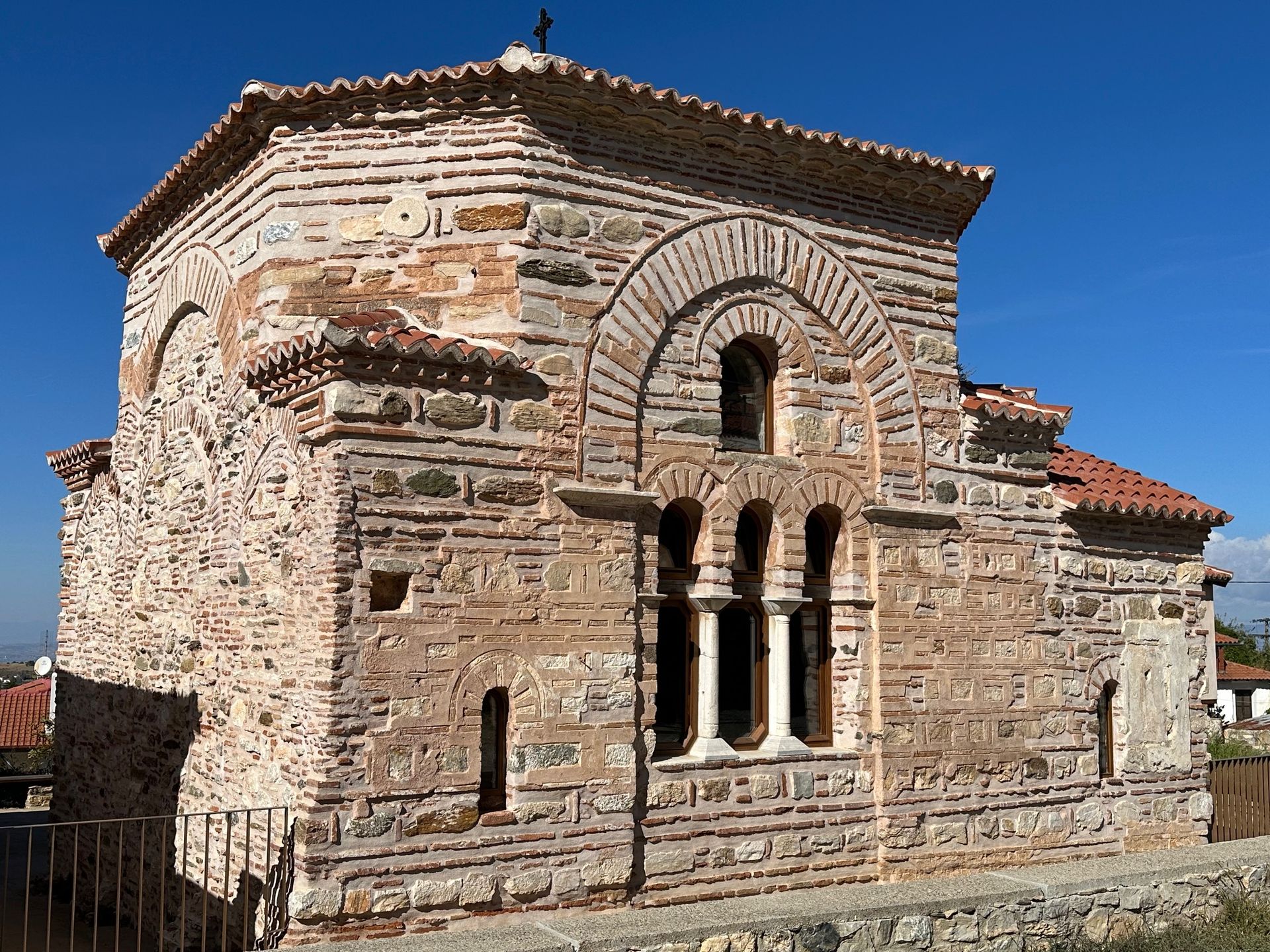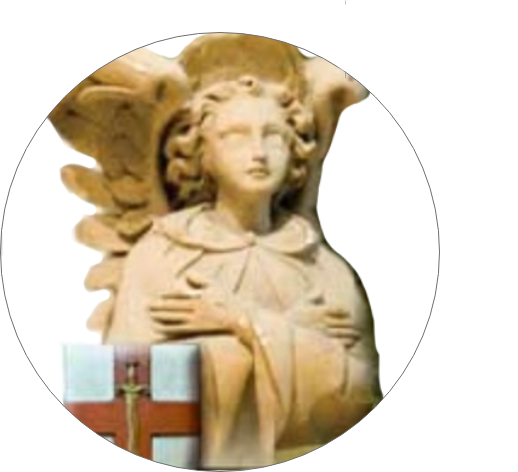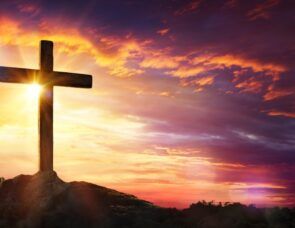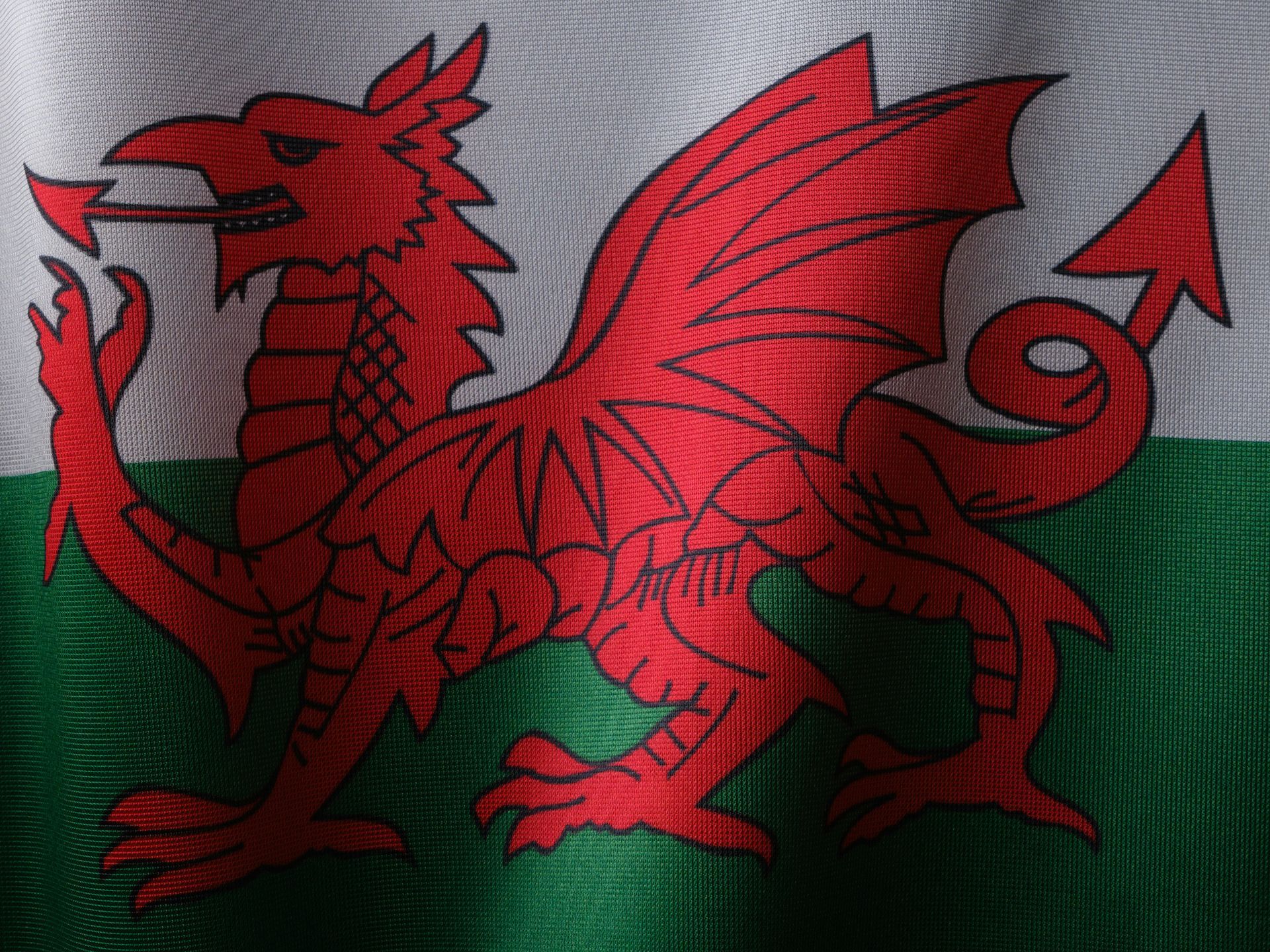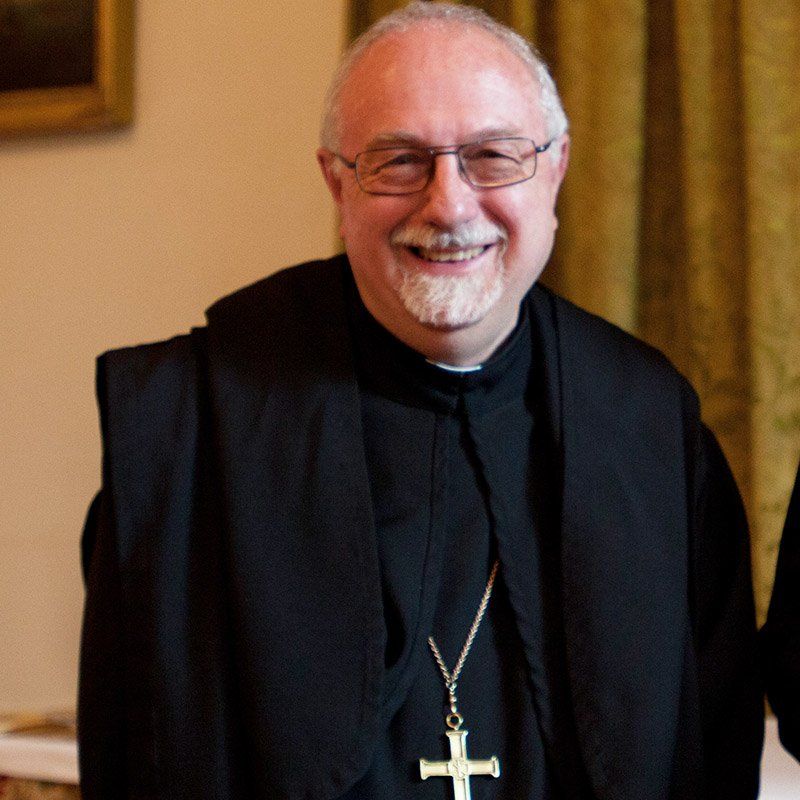Message from Fr Paul for Sunday 4th December
Although there is no strict and hard rule, it seems to me that the first week of Advent is dedicated to the teaching of the Prophets, while focussing on Jesus’ preaching on the end of the time and the last judgement. This second week, John the Baptist comes to the fore with his proclamation that the kingdom of God is at hand. The third week moves towards Our Lady and the Incarnation, whereas the fourth week takes its lead from the infancy narratives, especially that of Luke. Today then, we hear of the preaching of John the Baptist according to Matthew, (Mt 3: 1-12). In Luke we can read the infancy narratives of Jesus and John intertwined and we learn that they are closely related. In Matthew, John simply “appears.”
We read: “In due course John the Baptist appeared; he preached in the wilderness of Judaea and this was his message: ‘Repent, for the kingdom of heaven is close at hand.’ This was the man the prophet Isaiah spoke of when he said:
A voice cries in the wilderness:
Prepare a way for the Lord,
make his paths straight.
This man John wore a garment made of camel-hair with a leather belt round his waist, and his food was locusts and wild honey.”
Like the prophets of old or the first monks in the desert of Egypt, John is a wild and frightening figure, yet he attracted large crowds and, among them, we know were Jesus and those who would become his disciples. His message was a call to repentance, for the kingdom of heaven was close at hand, by for John meant that the Messiah was about to appear. He himself is only a voice crying in the wilderness, but soon the Messiah will be with them. He has particularly savage words for the Pharisees and Sadducees, religious leaders in Israel, because of their hypocrisy and pretence at repentance. They might think they are and even proclaim that they are sons of Abraham, but as John says, “God can raise children for Abraham from these stones.” This is a very powerful statement indeed, in fact Jesus will go out towards sinners and pagans and incorporate them, through faith and baptism, into his mystical body, the Church.
John then goes on to talk about the Messiah: “I baptise you in water for repentance, but the one who follows me is more powerful than I am, and I am not fit to carry his sandals; he will baptise you with the Holy Spirit and fire. His winnowing-fan is in his hand; he will clear his threshing-floor and gather his wheat into the barn; but the chaff he will burn in a fire that will never go out.” Again, powerful words. Jesus will indeed baptise with the Holy Spirit and with fire, not a simple, symbolic baptism of repentance, but the gift of the Spirit that will consecrate and transform people into children of God and fire that will eradicate sin and restore purity of heart.
Today God wants us to heed John’s message, but also to become like John, prophets in the wilderness of our world, proclaiming the coming of the kingdom as we prepare a way for the Lord, both in ourselves and in all those we meet for whatever reason. By the lives we live, we can proclaim the coming of the Lord.
Fr Paul
